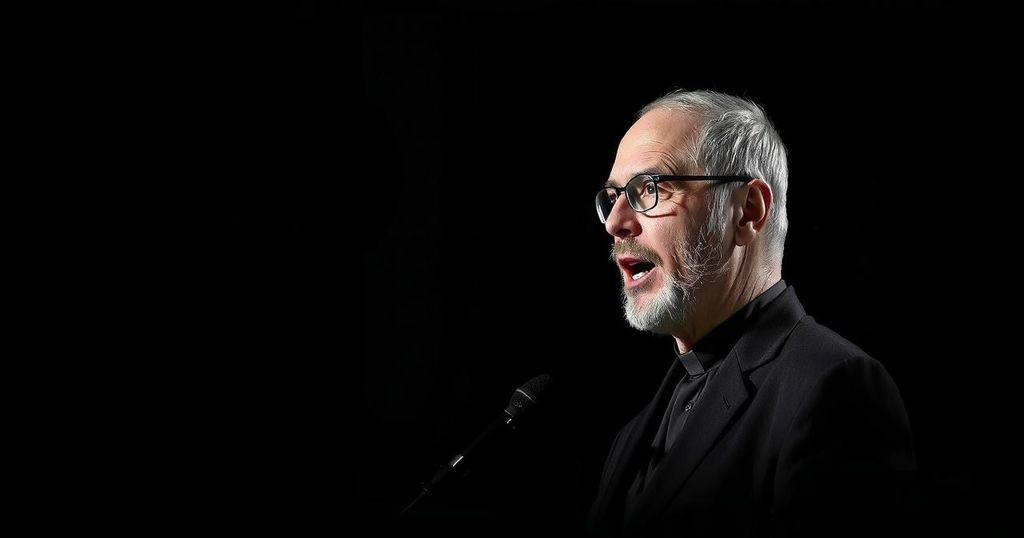Understanding Voter Sentiments Post-Election: A Call for Reflection and Faith

The article reflects on the surprising election results and the disconnect between predictions and reality. It discusses historical parallels to authoritarianism, voter priorities favoring efficacy over ethics, and the importance of democratic accountability. The author calls for a return to faith, implying that divine guidance is essential for navigating political challenges.
The unexpected outcomes of the recent election left many, including pollsters and pundits, bewildered. Upon waking on November 6th, I was struck by the predominately red electoral map, prompting me to reflect on the factors influencing voters’ decisions and the implications for our nation. Conversations with my family revealed a common theme; despite their personal preferences for the losing candidate, their votes reflected a desire for a pragmatic approach to economics and immigration. Historically, economic despair has paved the way for authoritarian regimes, as seen during the Great Depression in the 1920s and 30s. While I do not posit that our future leader embodies fascist tendencies, there exists a sentiment among many citizens advocating for a strong figure capable of decisive action, irrespective of political norms. The prevailing attitude seems to prioritize effective governance over personal morality or ethical considerations: “I don’t care what his morals, ethics, behavior or lifestyle may be. I want a good job, enough money to live comfortably and people I don’t like removed. Oh, and bring our military back home. We’re not the world’s police department.” Further complicating our political landscape is a growing acceptance of oligarchic tendencies in governance, a trend some might associate with current events in Russia. Nevertheless, it is crucial to recognize that in a democracy, citizens retain the right to dictate their leadership and hold elected officials accountable through our Constitution. I find it disconcerting that the judiciary has granted expansive immunity to the presidency, though I remain hopeful in the checks and balances instituted by Congress to address unconstitutional actions. As we move forward, I encourage reflection on our past and a collective return to our spiritual roots, recognizing that divine guidance can provide clarity in uncertain times. It is through faith that we can navigate the challenges ahead and form a vision for our nation’s future. Our journey is unpredictable, but with resilience and the right intentions, we shall persevere.
The article addresses the aftermath of a recent election, highlighting the disconnect between expert predictions and voter behavior. It reflects on the historical context of political leadership during crisis periods, particularly linking past economic hardships to the rise of distinct governing styles. The discourse also touches upon voter priorities concerning leadership effectiveness versus personal ethics, emphasizing democratic principles and the necessity of accountability in governance. The author’s call to return to a higher moral authority underscores the role of faith in navigating political uncertainties.
In summary, the election results have sparked a critical dialogue regarding leadership qualities desired by voters, revealing a preference for pragmatic governance over traditional political values. The reflections on historical tendencies toward authoritarianism provide context for understanding current sentiments. Ultimately, the author advocates for a reliance on divine guidance, emphasizing the importance of collective moral responsibility as we navigate our democratic process.
Original Source: www.statesboroherald.com








